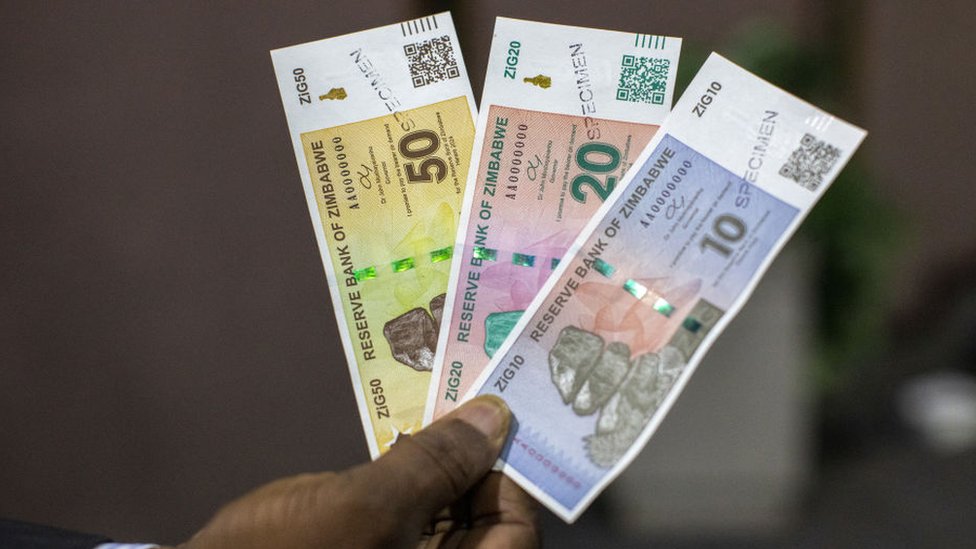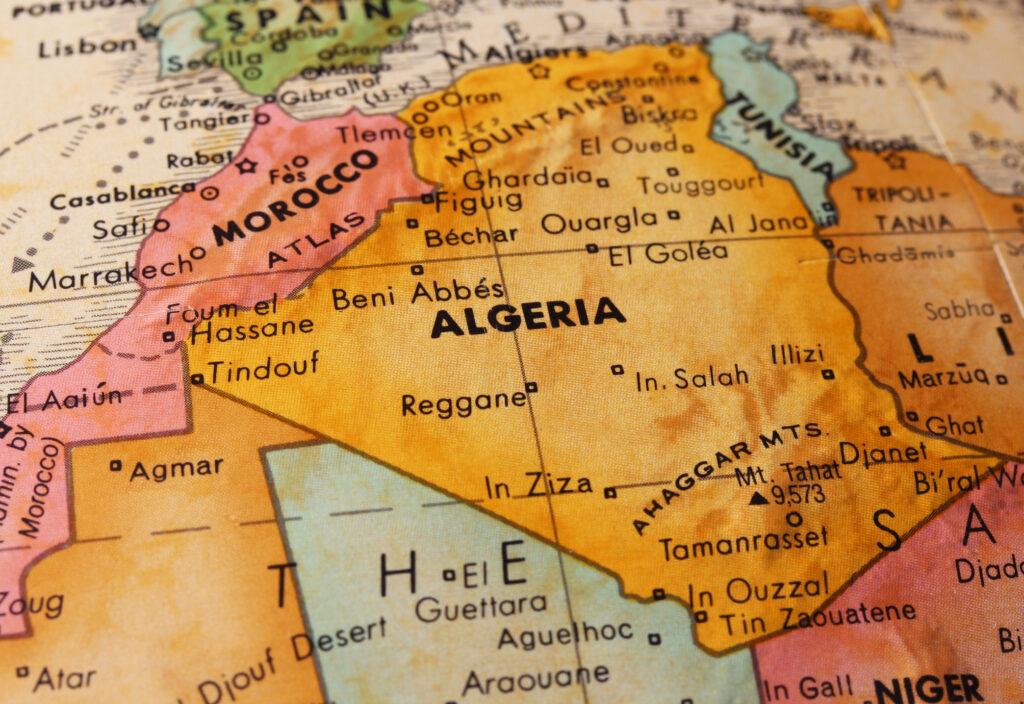In a bid to stabilize its economy, Zimbabwe has launched a new currency called Zimbabwe Gold (ZiG) in April 2024.
This marks the country’s sixth attempt in 15 years to establish a reliable local currency. The new currency is backed by 2.5 tons of gold and $100 million in foreign currency reserves held by the central bank.
The Zimbabwean economy has faced severe currency instability, leading to a widespread preference for the US dollar. This foreign currency became essential for everyday transactions such as purchasing food, medicines, and fuel. In June 2019, Zimbabwe had reintroduced the Zimbabwe dollar, which had been out of circulation for a decade. However, the reliance on the US dollar was reinstated in March 2020 to address a severe foreign exchange shortage exacerbated by the onset of the COVID-19 pandemic.
The new currency, ZiG, was officially introduced by Dr. John Mushayavanhu, the new Governor of the Reserve Bank of Zimbabwe, during his inaugural Monetary Policy Statement on April 5, 2024. He announced that from this date, banks would convert existing Zimbabwe dollar balances into ZiG to ensure simplicity, certainty, and predictability in monetary and financial transactions. The ZiG will coexist with other foreign currencies in the market.
The conversion rate for the ZiG will be determined by the closing interbank exchange rate and the price of gold as of April 5, 2024. This rate will be used for legitimate conversions of all Zimbabwe dollar deposits in the banking sector, loans, treasury bills, auction allotments, export surrender obligations, prices of goods and services, and other denominated obligations. Following the conversion, banks are instructed to rename all current Zimbabwe dollar accounts as ZiG accounts. Gold-backed Digital Token (GBDT) accounts will retain their name.
For those without bank accounts, the Reserve Bank has made special arrangements to exchange their Zimbabwe dollar notes and coins at POSB and AFC Commercial Bank within 21 days after April 5, 2024. For amounts exceeding ZW$100,000, banks will apply the necessary Know Your Customer (KYC) and Customer Due Diligence (CDD) principles.
The introduction of the ZiG also necessitates the issuance of new banknotes and coins to facilitate transactions while maintaining a cash-lite economy. These notes will be gradually introduced to support small transactions and ensure the availability of change, reducing the reliance on retail vouchers. The denominations will include 1ZiG, 2ZiG, 5ZiG, 10ZiG, 20ZiG, 50ZiG, 100ZiG, and 200ZiG, all backed by gold and foreign currency reserves.
The ZiG will be fully supported by a composite basket of reserves, including foreign currency and precious metals (mainly gold), held by the Reserve Bank as in-kind royalties. As of April 5, 2024, the Bank has reserves of USD 100 million in cash and 2,522 kg of gold (worth approximately USD 185 million) to back the local currency component of reserve money, amounting to ZW$2.6 trillion.
The ZiG currency has been assigned the international currency code ZWG and numeric code 924, replacing the previous ZWL and 932 codes. These changes took effect on June 25, 2024, with both codes circulating concurrently on international platforms until August 31, 2024.
The introduction of ZiG has been well-received by the public, bringing stability to exchange rates and prices and boosting Zimbabwe’s economic outlook. President Emmerson Mnangagwa has indicated that the new gold-backed currency may become the sole legal tender by 2030, ending the current multicurrency system where the US dollar dominates over 80% of transactions.
If you have any questions about the new currency in Zimbabwe or need assistance with international trade and recovery disputes in Zimbabwe or the SADC region, please contact [email protected].




